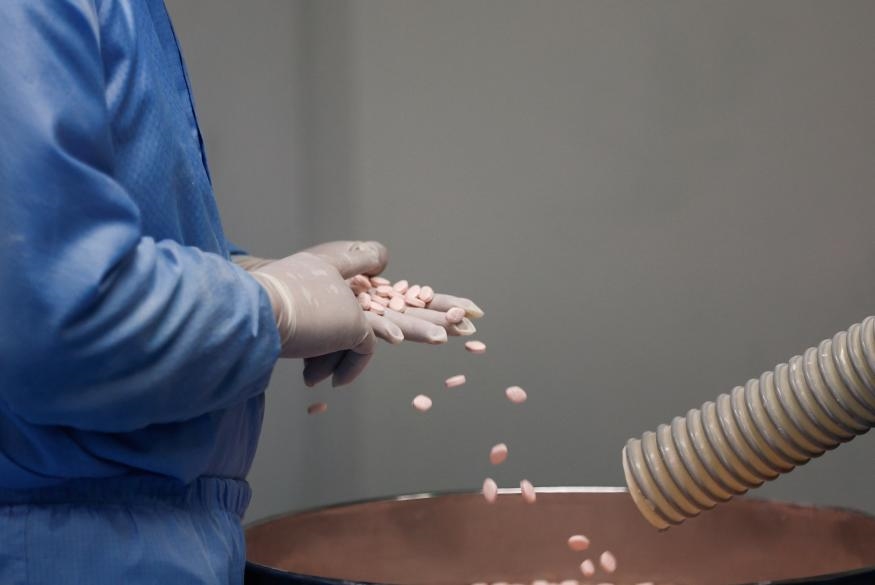Scientists make ibuprofen and other common painkillers from paper industry waste

Thankfully, a group of scientists from the University of Bath in the United Kingdom may have found a way for the industry to do exactly that. In a study published in the journal ChemSusChem, the team describes a process they created for converting ß-pinene, a component found in turpentine, into pharmaceutical precursors that they then used to synthesize paracetamol and ibuprofen. Right now, most companies producing those painkillers use chemical precursors derived from crude oil. Turpentine, meanwhile, is a waste by-product the paper industry makes at a scale of more than 350,000 metric tonnes per year. The researchers say they also successfully used turpentine to synthesize 4-HAP, a precursor for beta-blockers, the asthma inhaler drug salbutamol and a range of household cleaners.
In addition to being more sustainable, the team’s “bio-refinery” process could lead to more consistent drug costs for consumers since turpentine isn’t subject to the same geopolitical pressures that can send energy and oil prices skyrocketing. However, a significant pitfall of the process in its current form is that it costs more to produce drugs with turpentine than crude oil. The team suggests consumers may be willing to pay slightly higher prices for more sustainable drugs, but let’s be honest, when someone is sick or in pain, paying more for relief is the last thing most people want to do.

(17)